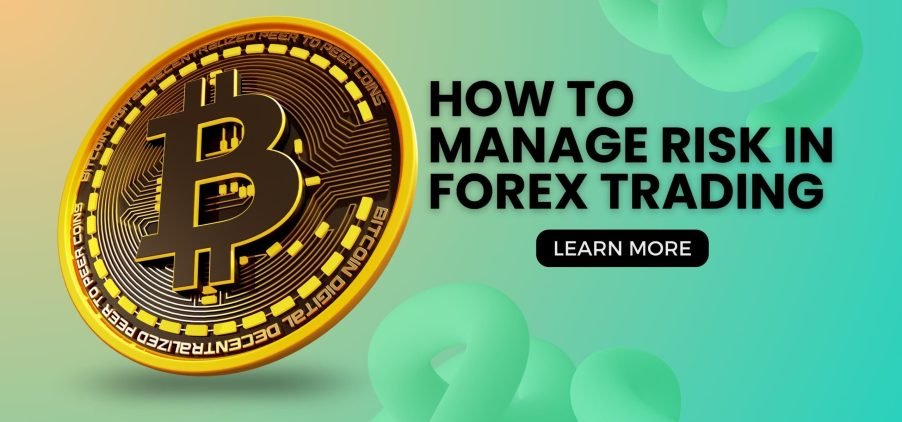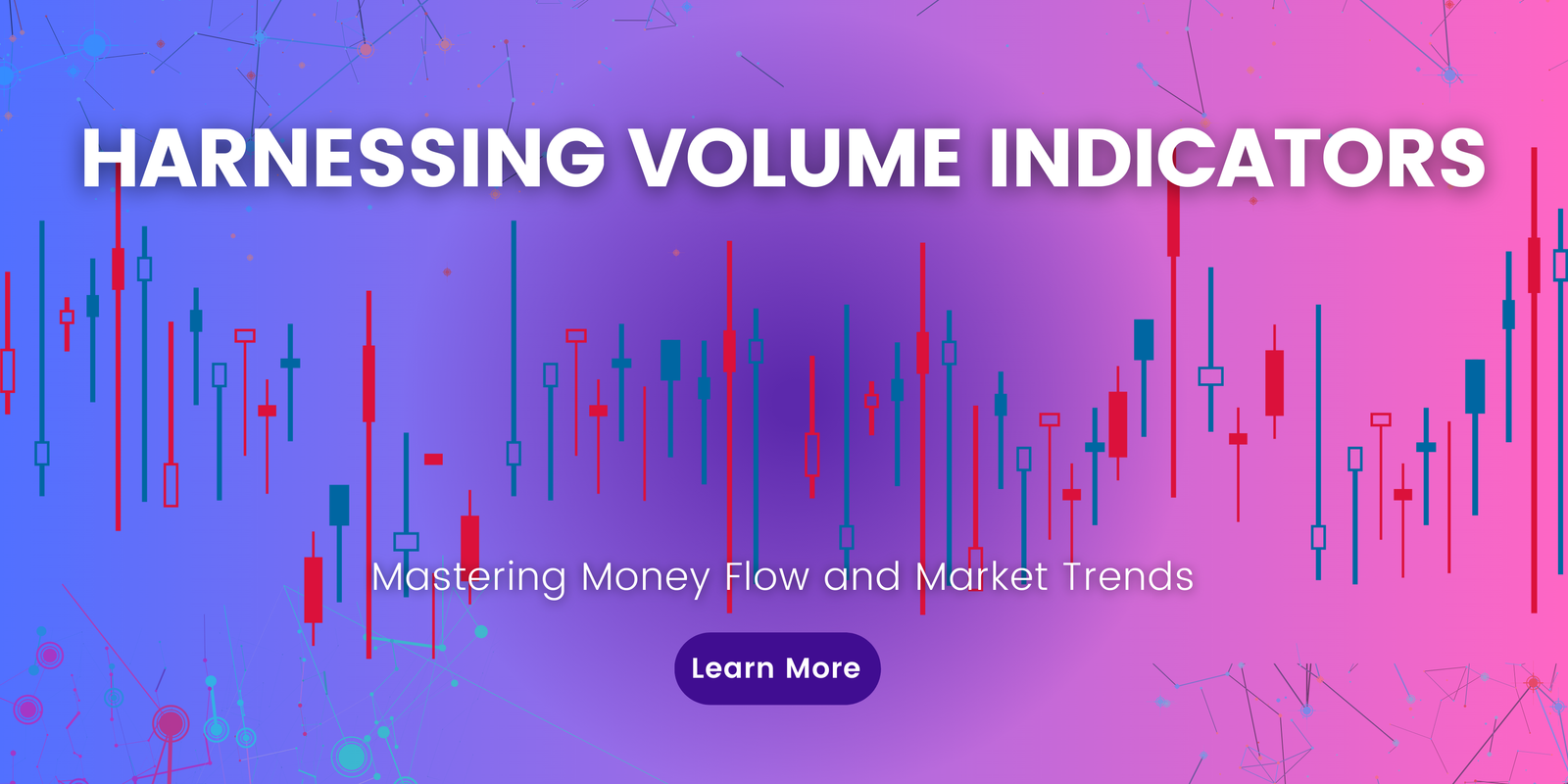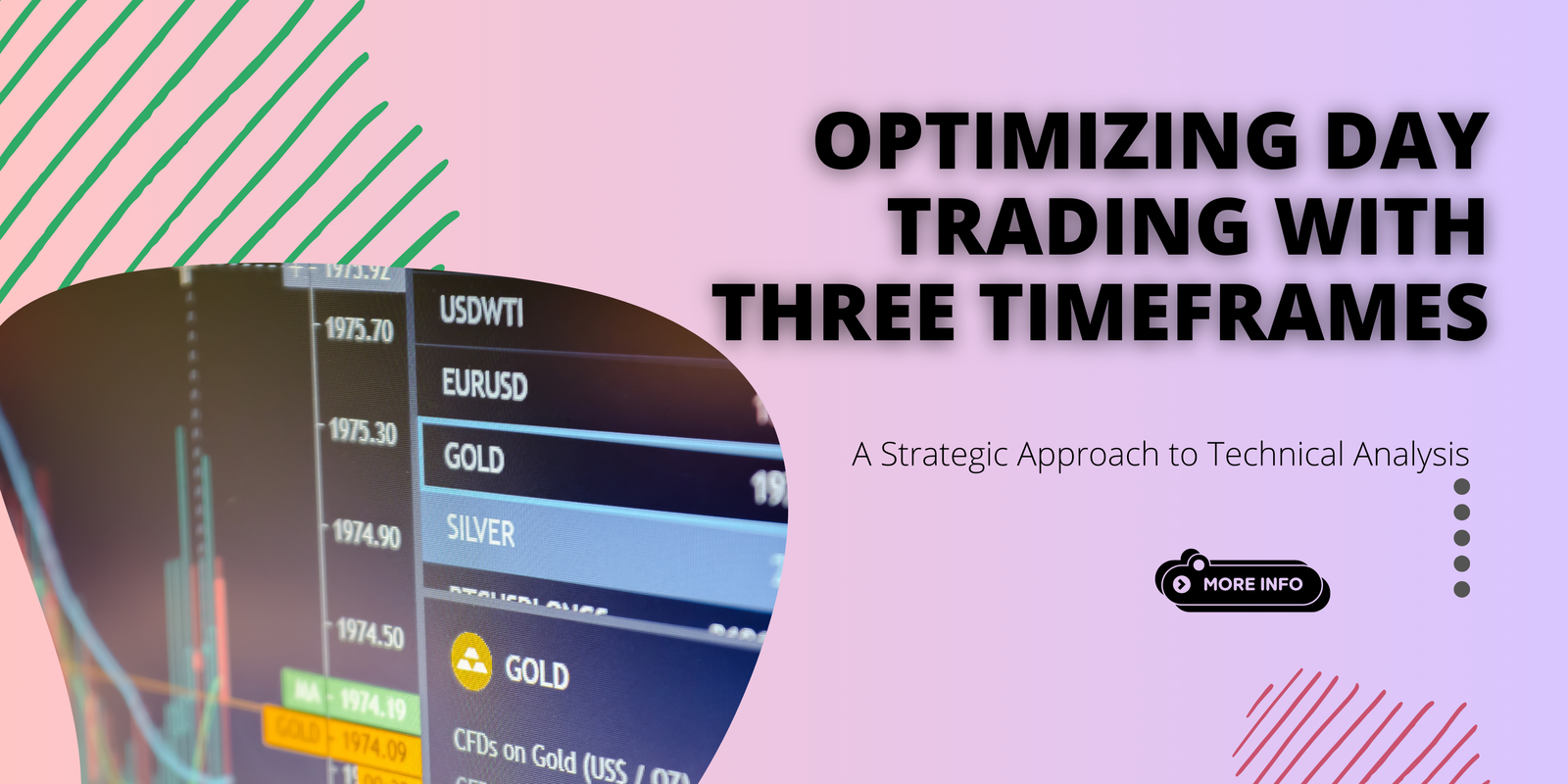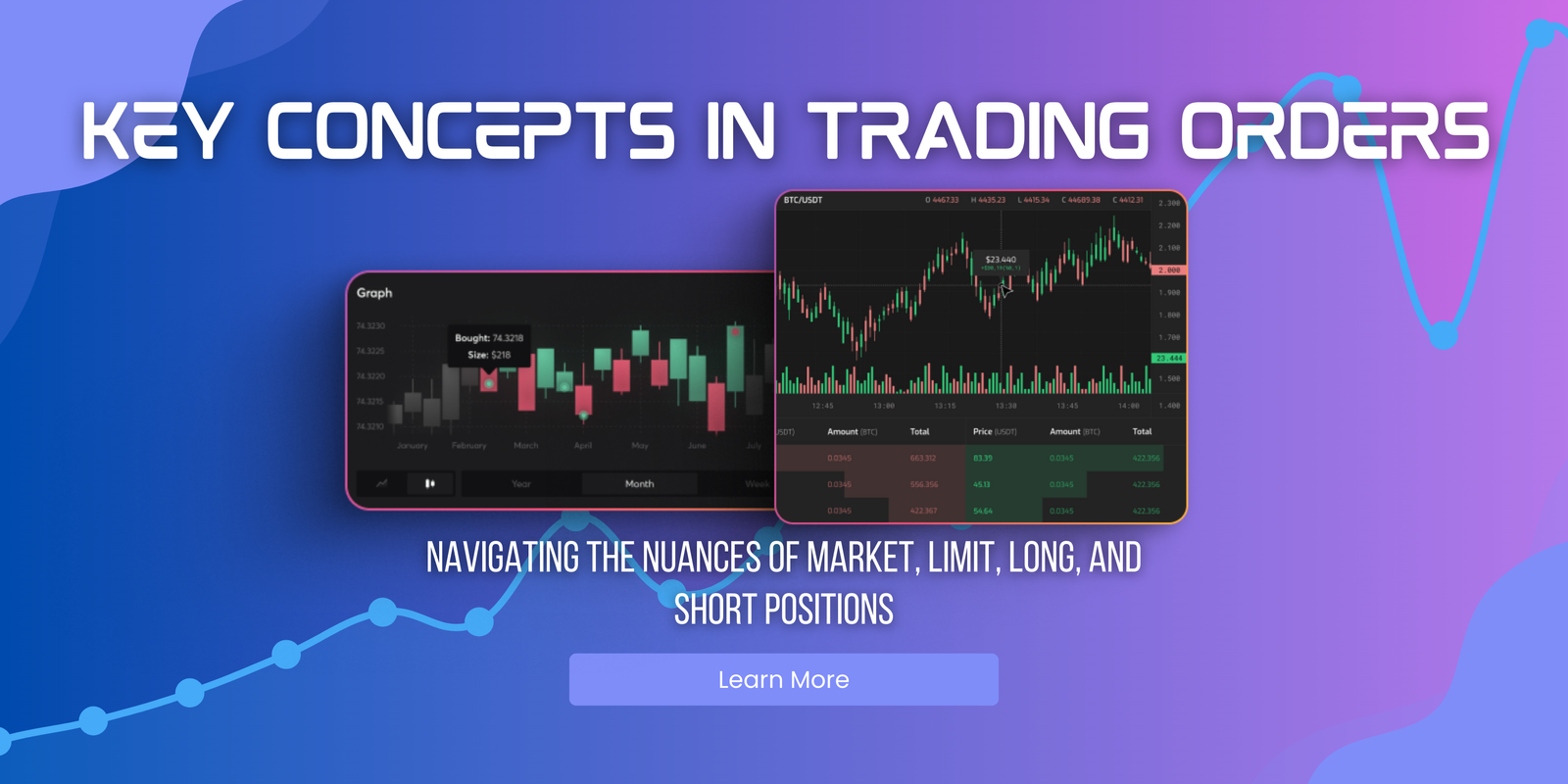Staying Informed about Economic and Political EventsEconomic and political events can significantly impact currency values. Traders should stay updated on economic indicators, central bank decisions, geopolitical developments, and other relevant news to anticipate potential risks and adjust their trading strategies accordingly.Avoiding Emotional TradingEmotional trading, driven by fear or greed, can lead to impulsive and irrational …
How to Manage Risk in Forex Trading: Part 4 of 4

Staying Informed about Economic and Political Events
Economic and political events can significantly impact currency values. Traders should stay updated on economic indicators, central bank decisions, geopolitical developments, and other relevant news to anticipate potential risks and adjust their trading strategies accordingly.
Avoiding Emotional Trading
Emotional trading, driven by fear or greed, can lead to impulsive and irrational decisions. Traders should maintain discipline, stick to their trading plans, and avoid making emotional decisions based on short-term market fluctuations.
Risk Management Best Practices
To enhance risk management in Forex trading, traders should follow these best practices:
Continuous Learning and Education
Forex markets are dynamic, and staying updated with industry trends, strategies, and risk management techniques is essential. Continuous learning through books, courses, webinars, and forums helps traders adapt to changing market conditions.
Regularly Reviewing and Adjusting Trading Strategies
Traders should review their trading strategies periodically to ensure they align with their risk tolerance and market conditions. Adjustments may be necessary based on changing market dynamics or personal trading goals.
Seeking Professional Advice
Seeking guidance from experienced Forex traders or financial advisors can provide valuable insights and perspectives. Professionals can offer personalized advice based on their expertise, helping traders make informed decisions.
Maintaining Discipline and Patience
Discipline and patience are key attributes of successful Forex traders. Following a well-defined trading plan, sticking to risk management strategies, and avoiding impulsive decisions are essential for long-term success.
Practicing Proper Record-Keeping
Maintaining detailed records of trades, including entry and exit points, profit/loss figures, and risk management parameters, helps traders analyze their performance and identify areas for improvement.
Evaluating Risk-Reward Ratio
Regularly assessing the risk-reward ratio of trades helps traders evaluate the potential profitability and risk exposure. Adjusting trading strategies to maintain a favorable risk-reward ratio can enhance overall risk management.
Conclusion
Managing risk is a critical aspect of Forex trading. By understanding the various risks involved, implementing effective risk management strategies, and utilizing risk mitigation techniques, traders can protect their investments and increase their chances of long-term success. Remember to continuously educate yourself, stay disciplined, and adapt to changing market conditions. By prioritizing risk management, you can navigate the Forex market with confidence and achieve your trading goals.
Frequently Asked Questions
What is risk management in Forex trading?
Risk management in Forex trading refers to the strategies and techniques used to identify, assess, and mitigate potential risks associated with currency trading. It involves setting realistic goals, developing a trading plan, implementing risk-reward ratios, using stop loss orders, and employing risk mitigation techniques.
How can I manage risk in Forex trading?
- To manage risk in Forex trading, you can:
- Set realistic goals and expectations.
- Develop a trading plan with risk tolerance assessment and position sizing.
- Diversify investments across different currency pairs and asset classes.
- Use risk-reward ratios to assess potential profits and losses.
- Implement stop loss orders to limit losses.
- Regularly monitor and analyze trades.
What are the common risks in Forex trading?
Common risks in Forex trading include exchange rate risk, interest rate risk, credit risk, country risk, and liquidity risk. These risks arise from currency value fluctuations, interest rate differentials, counterparty defaults, geopolitical events, and market liquidity variations.
How can I hedge risks in Forex trading?
Hedging risks in Forex trading can be done through various strategies, including:
- Forward contracts: Locking in exchange rates for future transactions.
- Options: Providing the right, but not the obligation, to buy or sell currencies at predetermined prices.
- Futures contracts: Buying or selling currencies at predetermined prices and dates.
Why is risk management important in Forex trading?
Risk management is crucial in Forex trading to protect investments, minimize losses, and increase the chances of long-term success. It helps traders navigate the volatile Forex market, make informed decisions, and maintain discipline and control over their trading activities.








